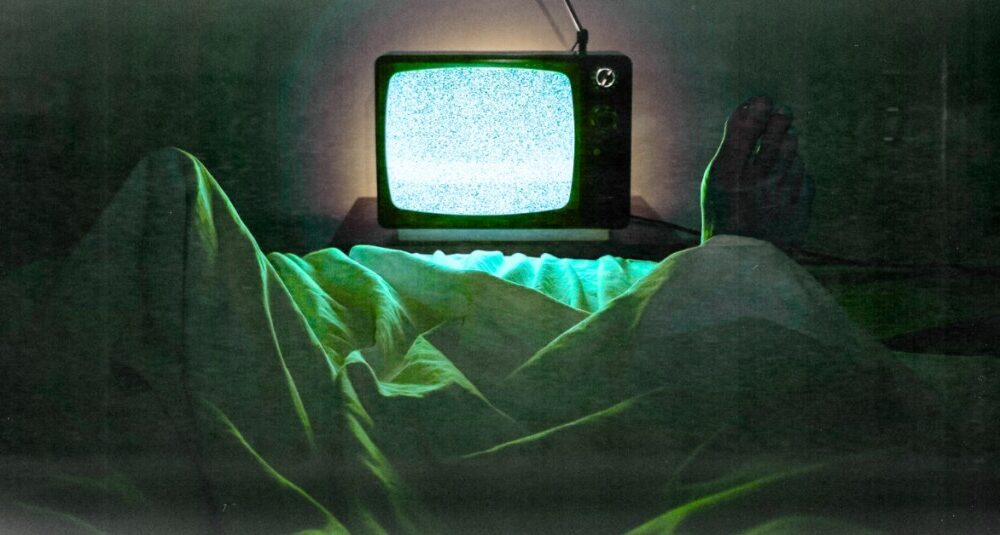Research indicates that the human brain is not equipped to function effectively after midnight. A growing body of evidence suggests that late-night hours can lead to impulsive behavior and negative thought patterns. This phenomenon, explored under the “Mind After Midnight” hypothesis, highlights the brain’s altered state during nighttime.
Elizabeth Klerman, a neurologist at Harvard University, has been a key figure in this research. In a 2022 interview, she noted, “There are millions of people who are awake in the middle of the night, and there’s fairly good evidence that their brain is not functioning as well as it does during the day.” Klerman’s call for further investigation emphasizes the potential dangers of nighttime wakefulness.
Circadian Rhythms and Nighttime Behavior
The theory behind this research revolves around circadian rhythms, which are the body’s internal clocks governing sleep, hormones, and mood. During daylight hours, the brain operates in a mode geared toward reward and cooperation. However, as darkness falls, these systems switch to a survival mode. This shift results in heightened alertness to threats and an increased sensitivity to negative stimuli, an evolutionary trait from a time when nighttime posed significant dangers.
The implications of these changes are profound. Research indicates that individuals are more likely to engage in binge eating, substance use, and other self-destructive behaviors late at night. A notable study found that the risk of suicide triples between midnight and 6 a.m., a period marked by diminished reasoning and impulse control. The authors of the study stated, “Suicide, previously inconceivable, emerges as an escape from loneliness and pain.”
Impact on Daily Life
After midnight, the brain can misinterpret reality. Activities such as scrolling through social media, unnecessary online shopping, or engaging in heated arguments can amplify feelings of restlessness. Lacking sleep, individuals often experience a distortion of emotions, where minor concerns seem magnified.
Researchers from Harvard and the Massachusetts General Research Institute believe this area of study could revolutionize our understanding of insomnia, substance abuse, and the challenges faced by shift workers. For those whose jobs require them to remain awake, such as nurses, pilots, and warehouse workers, their cognitive functions may be impaired for extended periods.
Given these findings, experts recommend simple strategies for coping with late-night wakefulness. The advice is straightforward: avoid making important decisions, eat a light snack, reach out to a friend, or prioritize sleep. While the brain may endure the night, it is clear that it is not ideally suited for prolonged wakefulness after dark.
The growing awareness of how our brains operate at night underscores the importance of understanding and respecting our natural rhythms for better mental health and decision-making.







